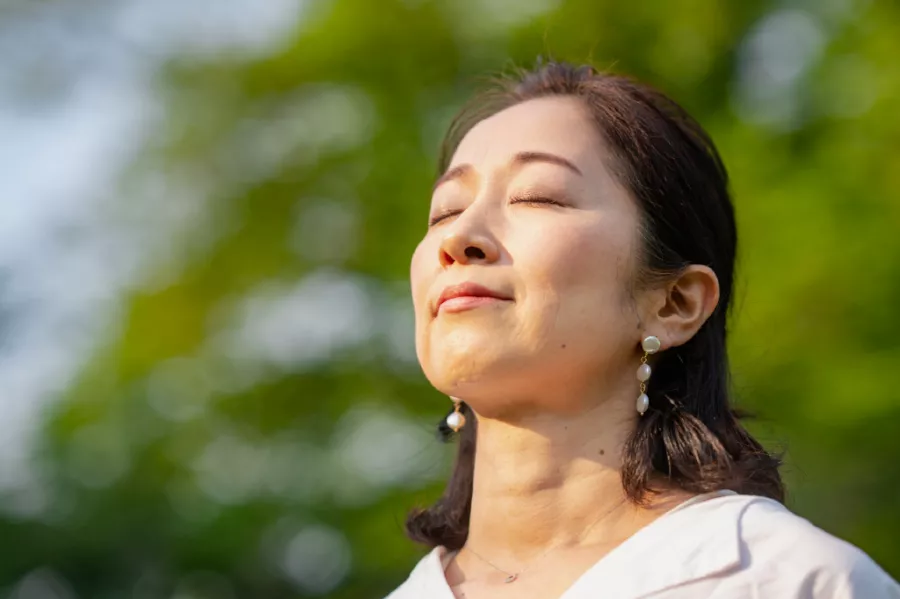
Q. When do seasonal allergies peak for most people?
A. Allergies are often caused by a trigger in the environment, such as the change of seasons or a pet. Seasonal allergies affect people at different times based on individual environmental triggers, but many begin to experience symptoms as the weather gets warmer and plants begin to bloom. Some common seasonal allergy triggers include tree, grass and weed pollen, which are more common in the spring months and mold and ragweed, which are common in the fall.
Pollen grains are tiny “seeds” dispersed from flowering plants, trees, grass, and weeds. The amount and type of pollen in the air depends on the season and region. Though pollen counts are typically higher during the warmer seasons, some plants pollinate year-round.
Q. What are the most common symptoms of seasonal allergies?
A. Seasonal allergies can cause sinus pressure, which is typically associated with nasal congestion, a runny nose, sneezing, red or watery eyes and itching of the nose and eyes. Up to 30 percent of people in the United States also experience allergic conjunctivitis, commonly known as “pink eye,” which occurs when the clear tissue covering the white part of the eye and the inner surface of the eyelids becomes inflamed.
Q. How can I relieve allergy symptoms at home?
A. Along with avoiding the trigger, over-the-counter medications including oral antihistamines and intranasal steroid sprays can help control seasonal allergy symptoms.
Over-the-counter pain medications, such as acetaminophen and ibuprofen can relieve the symptoms of sinus headaches but should not be taken regularly unless recommended by a provider.
Nasal saline rinses wash away mucus and irritants in the nose that cause symptoms. You can also consider using an air purifier or air conditioner to filter out pollen in the air inside your home.
A hot shower, washing your hair and changing your clothes after spending time outside can help you avoid symptoms.
Q. When should you see a doctor about seasonal allergies?
A. Visit your primary care doctor if your allergy symptoms aren’t easily managed at home. Certain medications may be recommended. If your symptoms are severe and allergy shots or other treatments are needed, your doctor can refer you to an allergist.
